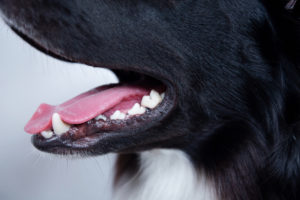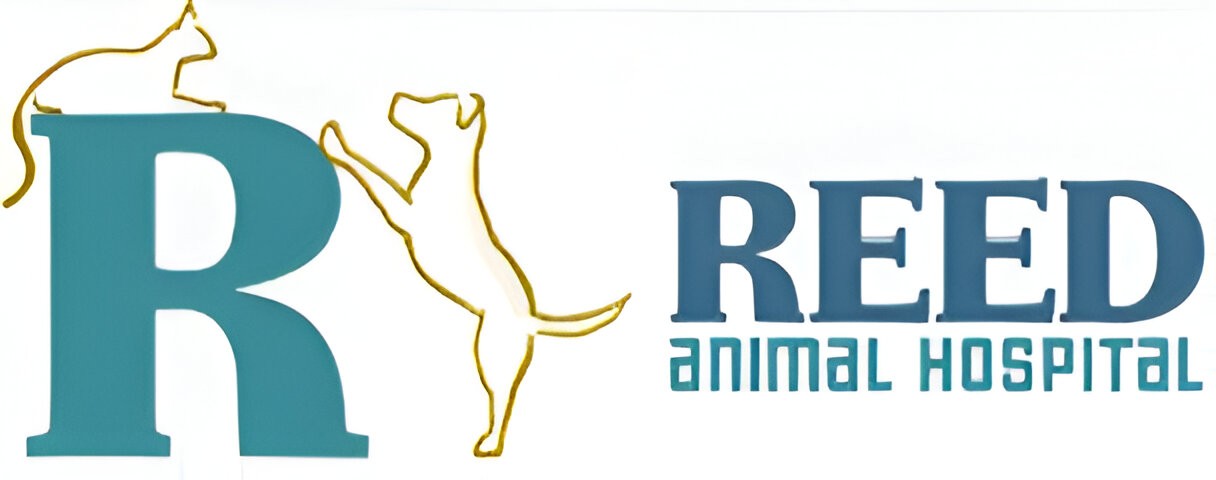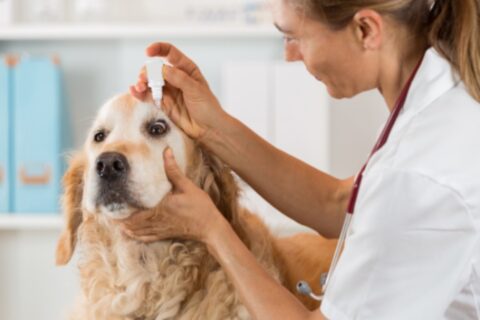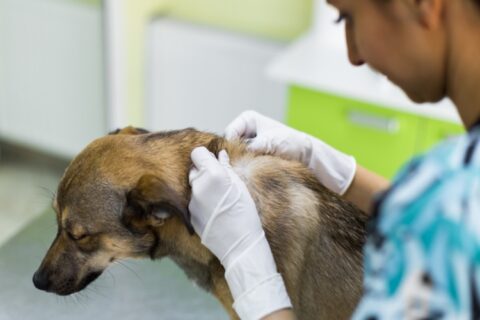The Importance of Caring for Periodontal Disease in Dogs

Like humans, dogs are susceptible to periodontal disease (also known as gum disease). By age three, a majority of canine companions have developed this condition. It may be common, but that doesn’t make periodontal disease okay. Numerous complications may occur that could adversely affect your dog’s health if you don’t take proper care of their teeth.
Causes of Periodontal Disease in Dogs
Bacteria are the culprits behind gum disease in humans and animals. After eating, bacteria devour the remaining food particles in the mouth, leaving behind a sticky film called plaque. Without proper cleaning, plaque lingers and irritates the gums, leading to periodontal disease.
Signs of Gum Disease in Dogs
Symptoms are usually mild at first and may include bad breath, red or inflamed gums, and yellow stains near the gum line. Unfortunately, pet owners rarely notice a problem until gum disease is very advanced. By then, your dog may be living in chronic pain.
Contact your vet to discuss treatment options if you notice these symptoms of advanced periodontal disease:
- Difficulty picking up food
- Loose teeth
- Bleeding gums
- Bloody or ropey saliva
- Blood in the water bowl or on chew toys
- Making noises when eating or yawning
- Bumps or lumps in the mouth
- Not wanting the head touched
- Chewing on one side of the mouth
Complications of Periodontal Disease
The symptoms listed above, along with the fact that gum disease can be very painful for your dog, are bad enough, but that’s not all. Periodontal disease can also destroy your dog’s teeth, gums, jaw, and overall health as the condition progresses. Here are the potential complications to be aware of:
- Tooth loss: As bacteria eat away at the supportive tissue in your dog’s mouth, the teeth may become loose and eventually fall out. This can affect the animal’s ability to eat and receive adequate nutrition from hard food.
- Jaw fracture: A gum infection can spread to the jaw and eat away at the bone, leaving it weak and susceptible to fractures. This is most common in small dog breeds.
- Oronasal fistula: Eroded tissue between the mouth and nasal cavity may cause an irregular opening to form. If this happens, it can lead to chronic nasal discharge and recurring infections.
- Kidney, liver, and heart problems: Bacteria in the mouth can easily enter your dog’s bloodstream, where they travel to vital organs and possibly cause problems with the kidney, liver, or heart.
You’ll be glad to hear that periodontal disease can be treated simply by cleaning your pet’s teeth. Reed Animal Hospital offers traditional dental cleanings with anesthesia as well as non-anesthetic dental cleanings if you’re looking for an alternative. We’re here to help your pet enjoy a healthy life free from the pain and complications of periodontal disease! To schedule an appointment, please call us in Campbell, CA at 408-369-1788 or in Saratoga, CA at 408-647-2906. You can also contact us online.



